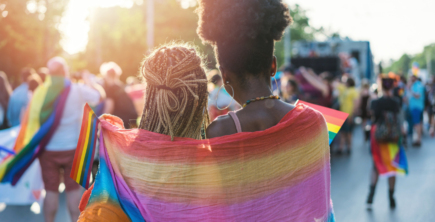
LGBT
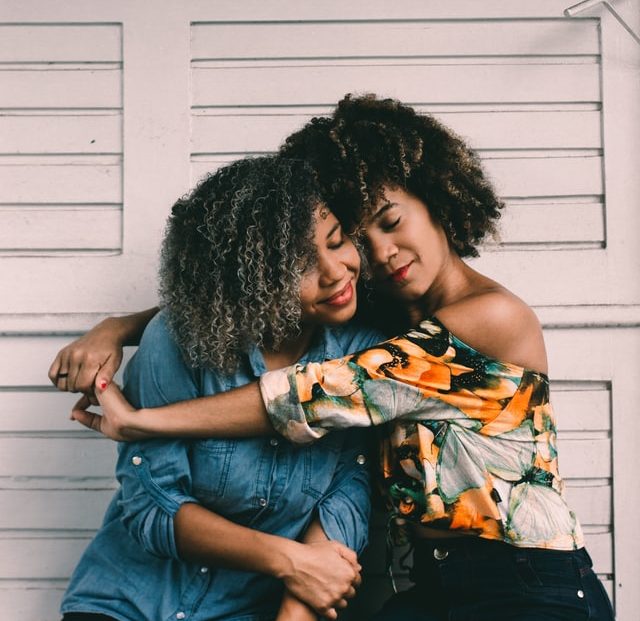
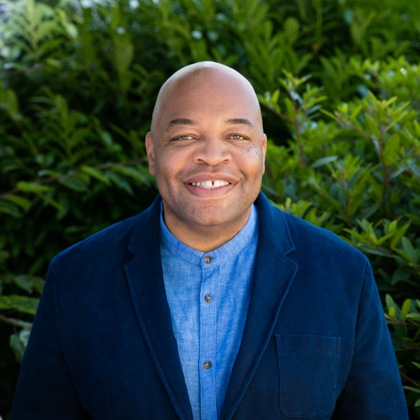
Tides’ Director of Justice, Equity, Diversity & Inclusion Erwin Acox, Jr., reflects on what this day means for him, for the Black community—and for the country as we fight for a more just and equitable world.
Today marks the National Day of Racial Healing, a call to action for racial healing for all people. While it was launched in 2017 as part of the W.K. Kellogg Foundation’s Truth, Racial Healing & Transformation efforts, we know there has been an ongoing need for racial healing since the birth of this nation. We need only look to the attacks on January 6th at the U.S. Capitol as evidence of the deep and painful racial divides in our country. On this day, individuals, organizations, and communities across the U.S. come together to explore their common humanity and build the relationships necessary to create a more just and equitable world. We at Tides would not be doing the work we do if we did not believe in the possibility of racial and social justice. It is why we exist, and why we honor days such as this in our daily work. Tides’ Director of Justice, Equity, Diversity & Inclusion Erwin Acox, Jr., reflects on what this day means for him, for the Black community—and for the country as we fight for a more just and equitable world.
What does it personally mean for you—especially given the current climate?
This day gives me an opportunity to reflect with others who are committed to standing up against racism, speaking up for others, and taking action. It means that I’m having conversations outside my comfort zone. White supremacy has been around since the inception of this country and still has a stronghold on our country. When it comes to Black men, we are taught to “be hard” and show no fear, which basically means you always must be on guard. So, I’m not expected to take time to heal, I’m expected to be angry and scary. I’ve been rejecting this narrative for most of my adult life, which is problematic in and of itself. So, I’ve committed to being courageous and telling the truth, that’s why I chose this profession. In this current climate, we’re all witnessing white supremacy as it gasps for its last breath. For me, racial healing conversations are essential if we want to deliver the final blow.
How can we as a country embrace racial healing at a time when Black and brown communities may be feeling unsafe?
This country must truly reckon with white supremacy and the violence of the past toward Black and brown communities. Our allies need to commit to getting educated about this history, how it continues to exist, and what they can do to help dismantle it. Centuries of racism and violence against Black people must stop. The truth is, we [Black people] have spent that entire time trying to find safe spaces to just be. We made it through being kidnapped and enslaved, we made it through the old Jim Crow, and we really just want to live safe, human existences. There’s also the necessary work of investing in Black and brown communities to support improving the quality of life for all. Our country cannot heal overnight. The hard truth is that white supremacy culture has persisted as the norm in this country and abroad. So, as a country, we have to go beyond simply accepting hard truths, to committing to healing and reconciliation. As James Baldwin said, “Nothing can be changed until it is faced.”
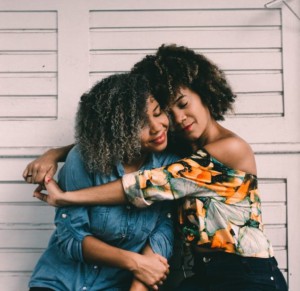
Erwin’s advice for having difficult conversations about race and racial healing? “Lead with love.” © Hian Oliveira
How does the work at Tides embrace the philosophy of this day through its work and values?
Tides is dedicated to a world of shared prosperity and social justice, which is why I came here in the first place. Over the last year, we’ve lived into our values of respect, accountability, creativity, equity and empowerment to guide our conversations around racial justice and healing, and are working to identify, acknowledge, and dismantle any oppression within our own system.
Is there any advice you can give about having difficult conversations about race and racial healing?
Lead with love. If you have a BIPOC [Black, Indigenous, People of Color] person in your life, think about how well you know them, and how much you care about them. We have given many of our family and friends a pass on these conversations for way too long. If your BIPOC friend is important to you, then you should want to learn more about their life experience and ask how you can be helpful. How you approach your BIPOC friends is the best indication of how important they are to you – and how important your becoming an ally is to you.
What are some practices we can do in our daily lives to embrace racial healing on this day and every day?

LGBT
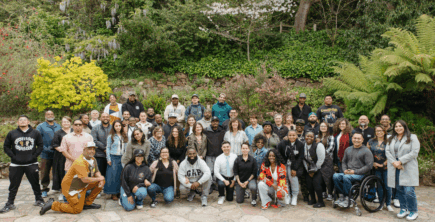
Corporate Partners
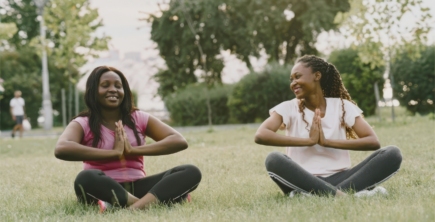
Philanthropy

Read the stories and hear the voices of social change leaders fighting for justice.